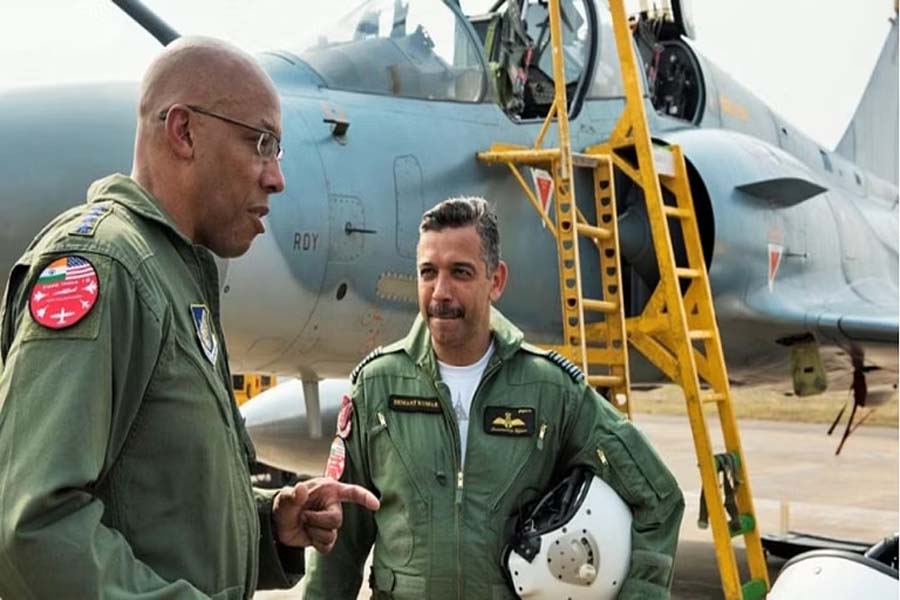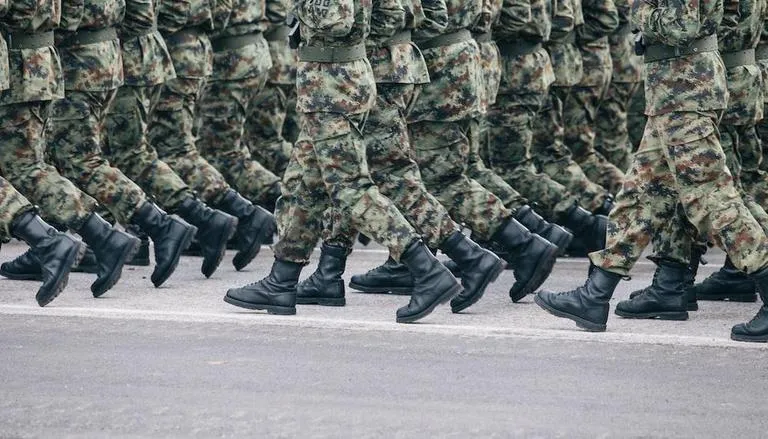NEW YORK: US President Joe Biden has nominatedGeneral Charles Q. Brown, a former Indo-Pacific leader and advocate of close defense ties with India, to be the nation’s top military officer. Biden is set to formally announce the nomination of Air Force head Brown as the next joint chiefs of staff on Thursday, according to media reports quoting senior officials. Brown, who has served as the commander of the Air Force component of the Indo-Pacific Command, will be the second African-American to be the nation’s top military officer if confirmed by the Senate.
For the first time, the Pentagon would be led by African-Americans, with Lloyd Austin as Defense Secretary and Brown as the highest-ranking officer. Brown will succeed General Mark Milley, who is retiring after a four-year term as the officer overseeing all the military branches. He will be taking over at a time when the world is roiled by the Russian invasion of Ukraine and by growing tension with China that is raising the threat level with Taiwan.
The fighter pilot with 3,000 flying hours and 150 combat hours will bring expertise on China and the Indo-Pacific, an area of prime importance to the US in the current geopolitical scenario, because of his stint in the region. Brown has repeatedly spoken of the importance of defense relations with India for the US.
He participated in the Cope India 19 joint India-US exercise in 2018 in Kalaikunda and Panagarh and flew an Indian Air Force Mirage 2000. At that time, he said: “As a committed partner enhancing peace, prosperity and security across the region, we are grateful for India’s support and the growing trust between our two nations. “The US-India partnership has never been stronger… Our shared values, security interests, economic ties and close links between our people present significant opportunities for cooperation bilaterally and with other close partners and allies in the region.
“We look to not only strengthen the base of the partnership, but to also take it to the next level in certain areasa longer-term investments in relationships, in training and in schooling.”
In a meeting with reporters in New York, Brown said that the Communications Compatibility and Security Agreement (COMCASA) agreement between the US and India “opens the door to increase our information sharing particularly on some of the airplane, air aspects”.
He said that India’s use of Russian military hardware was a barrier to Indian and US Air Forces working together because interoperability is not only about equipment but involves operational strategies.
When Air Chief Marshal Vivek Ram Chaudhuri was appointed Indian Air Force chief, Brown congratulated him and had tweeted: “We discussed increasing our cooperation & further ope-rationalizing India’s unique status as a Major Defense Partner.”
In his 39-year military career, Brown has been the director of the Secretary of the Executive Action Group of the Air Force and Chief of Staff and deputy commander of the Central Command which covers Pakistan, Afghanistan, the Middle East and Central Asia. He became chief of staff of the Air Force in 2020 after his Indo-Pacific stint.
His confirmation by the Senate — a requirement for senior government posts — could run into delays because Republican Senator Tommy Tuberville has used his senatorial privilege to block nominations of senior defense officials because of his opposition to the Pentagon’s policies on providing abortion services to members of services and their families.
-IANS

